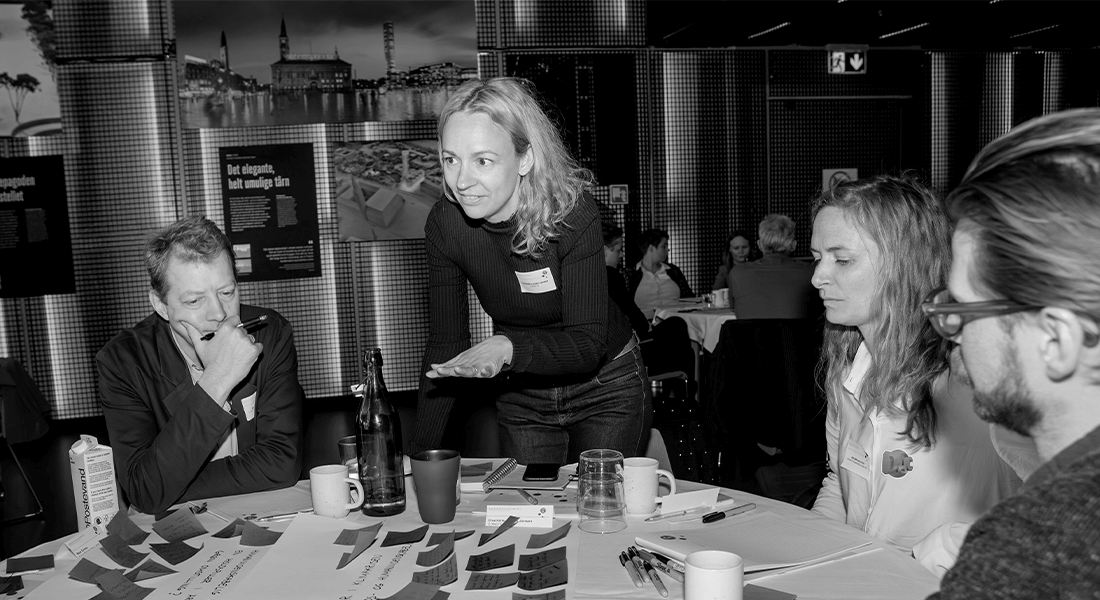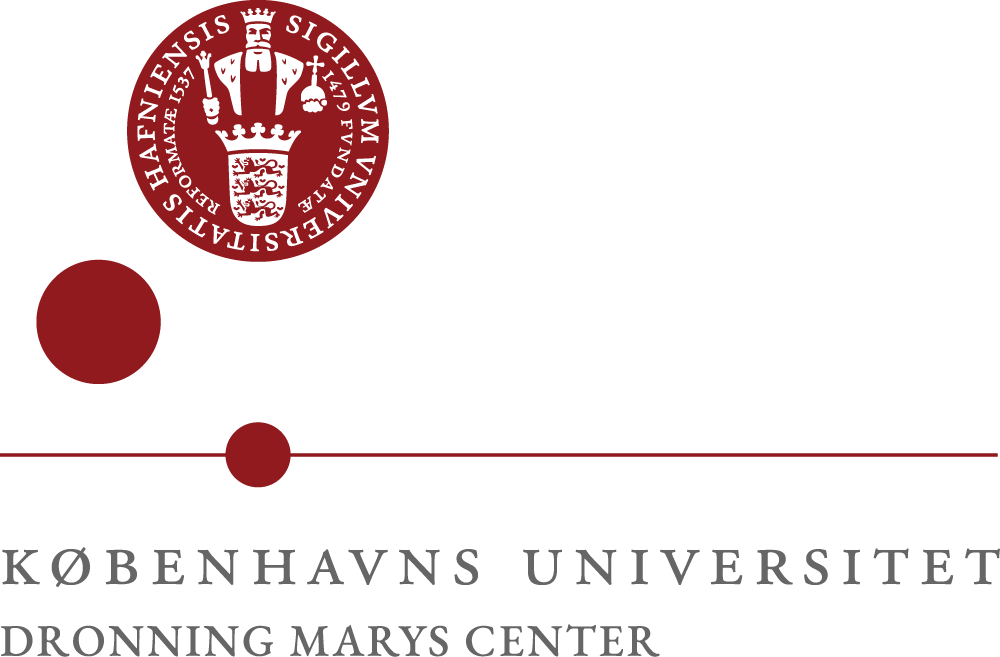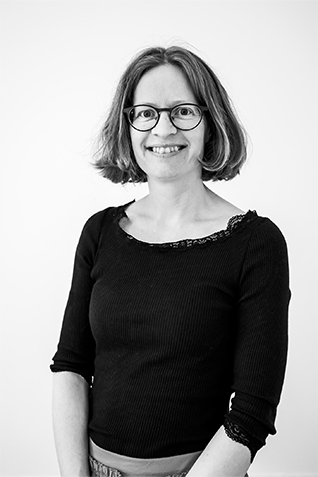In collaboration with the Velux Foundation, Queen Mary's Centre established the network ‘Copenhagen Impact Lab’ in the period Jan/2022 to Dec/2023.
Impact Lab 2.0

Green lab for research-practice collaboration on democratic sustainability
The green transition requires changes in Danish society. The transition to a climate and environmentally sustainable society is a challenge in itself. But there is also the risk of negative social and cultural consequences. This can threaten support for the green transition as a common cause and create divisions and polarisation, which in turn can challenge and weaken democracy and cohesion. In this light, we ask: How can environmental and social sustainability be reconciled in the green transition? And how can democracy be strengthened and developed at the same time?
These are questions that we invite practitioners and researchers from the humanities and social sciences to collaborate on answering based on their own concrete current experiences with national or local challenges that include all three aspects in one context. In other words, challenges that have an environmental, social and democratic perspective all at once. For example, it could be a green development task in a local community that also involves social or cultural challenges and calls for green expertise as well as knowledge and experience of involving citizen groups and knowledge of democratic processes.
Such issues call for new ways to strengthen and develop democratic processes, involvement, engagement and agency on the path to a socially just and inclusive green transition. If you are facing a similar issue, whether you are working on it from a research perspective or solving a concrete green challenge in your municipality or organisation, in your local area or at national level, then this invitation might be for you.
We are interested in all understandings and perspectives on the issue. There are no specific definitions of social, environmental or democratic sustainability attached to the invitation that applicants must fulfil. The only constraint is that the problem you want to work on must encompass all three dimensions.
In this way, we invite applicants to help create the content of a vision of democratic sustainability.
About the Lab
The green transition requires more than numbers and technology. It's about the interaction between people, knowledge and action, and it's about time to work in depth with the issues. Impact Lab 2.0 is a new and experimental project that brings together researchers from the humanities and social sciences with environmental and social practitioners over a period of one year. The aim is to create new knowledge within the theme of ‘democratic sustainability’, which at the same time contributes to solving concrete problems for practitioners.
The lab is ‘not just a network’, but an experimental interdisciplinary workspace where there is room to work creatively and thoroughly with dilemmas and complexities within an issue that is central to democratic sustainability. An important part of the lab is the building of an equal, trusting and genuine collaboration between the participants, where the group becomes a whole and not just representatives from different branches of society. This approach creates the basis for a thorough and knowledge-based approach where problem solving is embedded in the process and created across sectors. As a united group with a common drive, Impact Lab 2.0 will also have the potential to influence relevant bodies in society.
The Queen Marys Centre at the University of Copenhagen will facilitate the work in the lab based on the latest methods in co-creation of knowledge between researchers and practitioners.
What do you get out of joining Impact Lab 2.0?
Participants will have the opportunity to create real change in one of the most complex challenges of our time. The lab's work will be centred around concrete challenges related to democratic sustainability in the participating practitioners' organisations. This will provide practitioners with inspiration and knowledge to solve problems in their specific work.
In addition to the concrete change that the lab addresses, the lab can also function as a project development programme oriented towards a larger research-practice project application, if the participants find it relevant.
The participants' work will be made visible and profiled through a series of open events organised and facilitated by the Queen Mary Centre. It is likely that a major conference on democratic sustainability will be organised with presentations/debates by a selection of the lab's participants. In addition, a series of dialogue meetings with stakeholders in the lab's work (e.g. politicians and relevant organisations) are envisaged.
Participants will take part in a compressed and well-organised course that fits into a busy schedule. During the lab, participants will gain the following:
- Experience and insight into new experimental collaboration methods based on international best practice.
- Interdisciplinary expertise including insight into new types of knowledge across organisations and research areas, insight into how other types of knowledge can contribute to their own area of expertise and experience with interdisciplinary problem solving
- Experience and insight in working with change and impact, including how new knowledge can be anchored organisationally.
The listed competences are increasingly in demand in workplaces as well as in funding applications.
What do you commit to as an Impact Lab 2.0 participant?
The lab will consist of two half-day workshops per quarter and an overnight seminar. Participants will take turns hosting workshops to get to know each other's organisations. Two hours of homework is expected between each workshop. This can, for example, consist of collaborating on solving a sub-problem with one or more people in the lab or planning an upcoming workshop in collaboration with Queen Mary's Centre. In addition, time for open events is included.
Participants commit to actively participate in all meetings and work to bring the newly developed knowledge back to their respective organisations. Participation in the lab requires a desire to share your own expertise combined with a curiosity and openness to learn from others. As the hosting changes, the workshops will take place in different parts of the country, so travelling time should be expected.
The working language will be Danish, but communication is possible in English.
The lab runs from February 2025 to February 2026.
Information meetings
Two online information meetings about the call will be held at 10-11 and 14-15 on 9 October. The Queen Mary Centre and VELUX FONDEN will briefly present the call, after which there will be time for questions.



